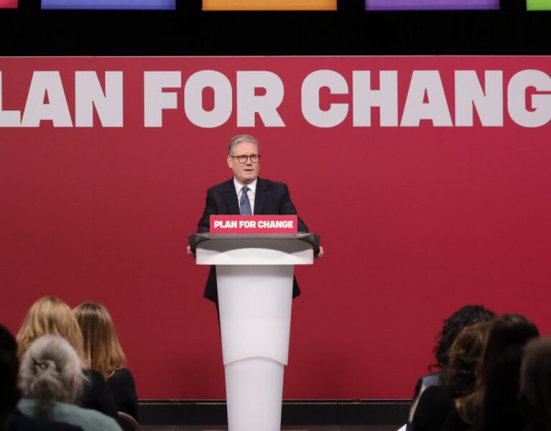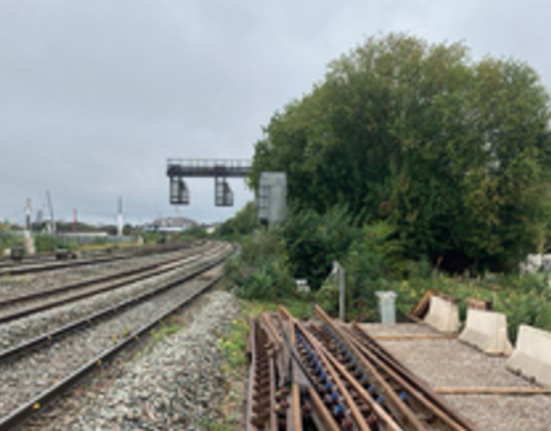Anger over prosecution collapse
Senior Conservatives are urging parliament to investigate why charges were unexpectedly dropped in a high-profile case involving alleged Chinese espionage in Westminster.
Shadow national security minister Alicia Kearns and former security minister Tom Tugendhat have written to the Commons home affairs and justice committees, calling for an inquiry into the Crown Prosecution Service’s handling of the case.
They argue there is “overwhelming parliamentary and public interest” in understanding why the prosecution collapsed after a two-year investigation.
Charges dropped after two years
The CPS announced this week it would not proceed with charges against Christopher Cash, 30, and Christopher Berry, 33, who had been accused under the Official Secrets Act 1911. Both men were due to stand trial in October but were acquitted after prosecutors cited insufficient evidence.
MPs across the Commons expressed anger at the decision. Some parliamentarians close to the case described it as a “slam dunk” and questioned whether political pressure had influenced the outcome.
Political backdrop
The decision has intensified scrutiny of Prime Minister Sir Keir Starmer’s approach to Beijing. Critics accuse the government of prioritising trade links with China over security concerns, noting that in July China was not placed in the highest category of a new register monitoring covert foreign influence.
A government review in June acknowledged a rise in espionage and interference by Beijing, but ministers also stressed the importance of commercial ties.
Inquiry push
Kearns and Tugendhat said a parliamentary probe, protected by privilege, could examine the full facts without breaching sub judice rules. They suggested the committees call evidence from MI5, MI6 and counterterror police, who, they claimed, had consistently described the evidence as strong.
Security minister Dan Jarvis insisted the CPS decision was taken independently, while the Home Office said it was “disappointed” at the outcome.







